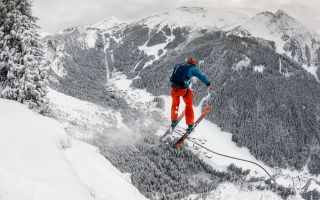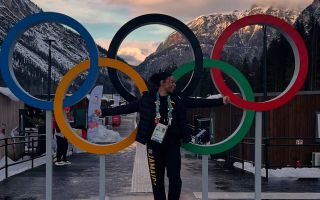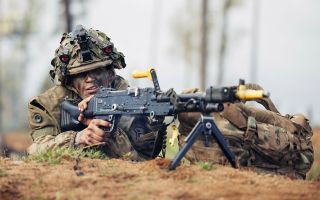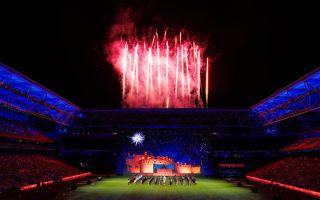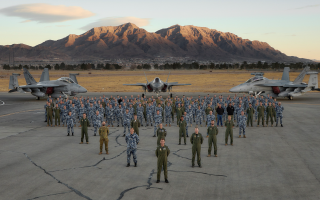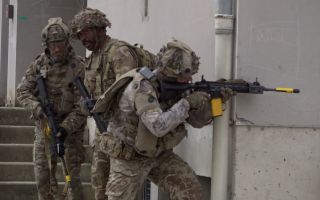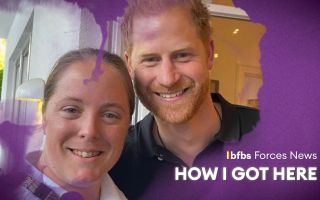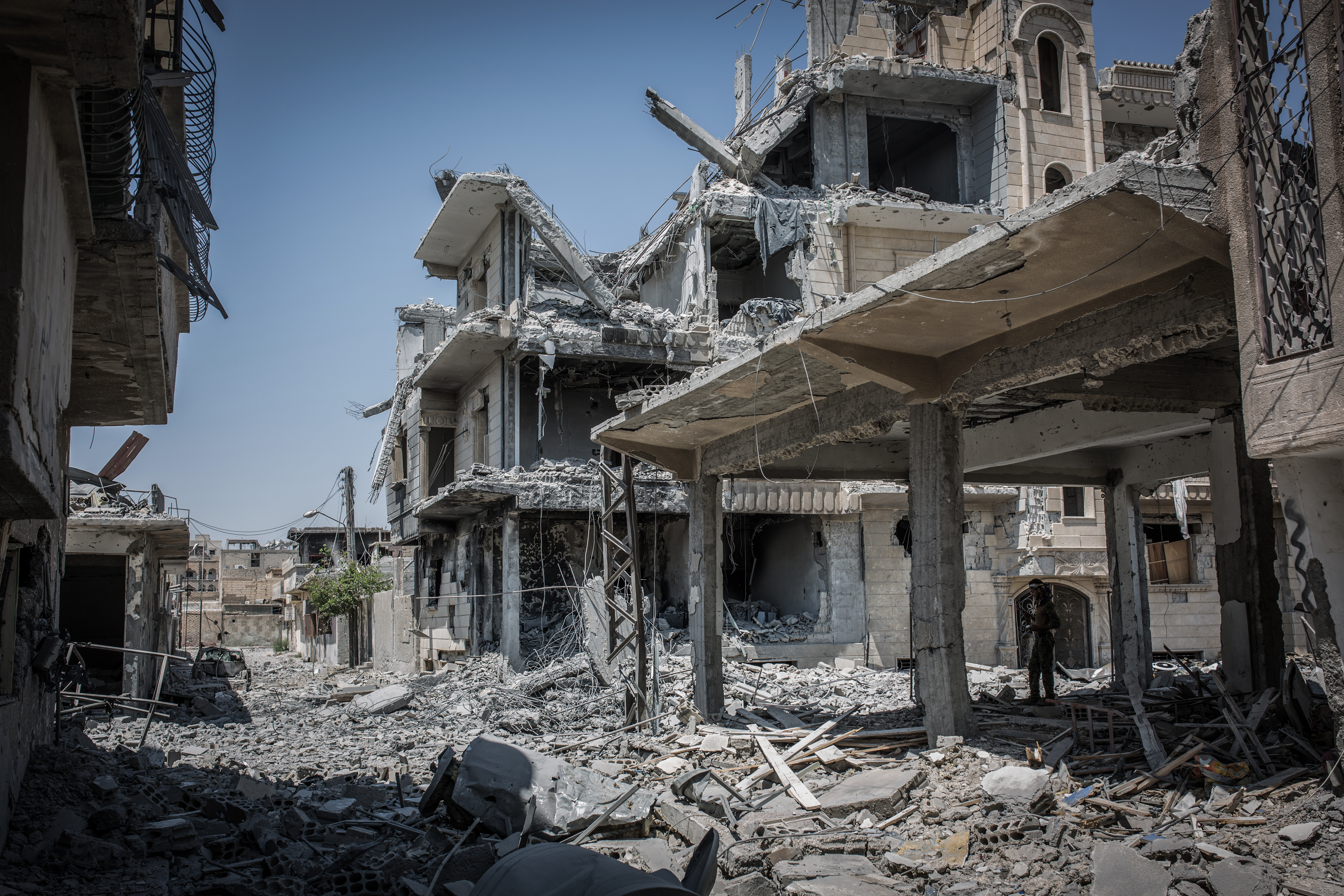
COMMENT: Raqqa Is Now Liberated, But Is Islamic State Defeated?

By Hamish de Bretton-Gordon OBE, a former soldier. He was commanding officer of the UK Chemical, Biological, Radiological and Nuclear (CBRN) Regiment and NATO's Rapid Reaction CBRN Battalion. He is currently the director at 'Doctors Under Fire'.
The news that Syrian Kurds forces backed by the US-led coalition have retaken Raqqa from Islamic State (IS), together with the defeat of the jihadists in Mosul, to most seems the end of the Caliphate in the Levant.
Sadly, this does not signify the end of IS and the theology which has driven so many foreign fighters including up to 1,000 British people to go to Syria and Iraq to fight for the Caliphate.
The British military have hitherto played a significant role in the military defeat of the jihadists.
Precision strikes - the RAF are the best around at this, meaning Islamic State's military capability has been steadily whittled down to virtually nothing.
RAF Tornados get a direct hit with a Brimstone missile on an IS tank during an airstrike near Mosul.
UK Special Forces, again the best around, have aided this targeting and undoubtedly undertaken special operations into the heart of the Islamic State command structure, and our infantry battalions and specialists have been training the Peshmerga in northern Iraq to be the most effective fighters against IS.
While militarily on one hand we are defeating the terrorists, politically on the other we are aiding them by our unwillingness to get diplomatically involved in Syria to prevent the Russians and Syrians destroying hospitals and attacking civilians, and in Iraq by sitting on the fence in the dispute between the Iraqi Kurds and the Iraqi Arabs.
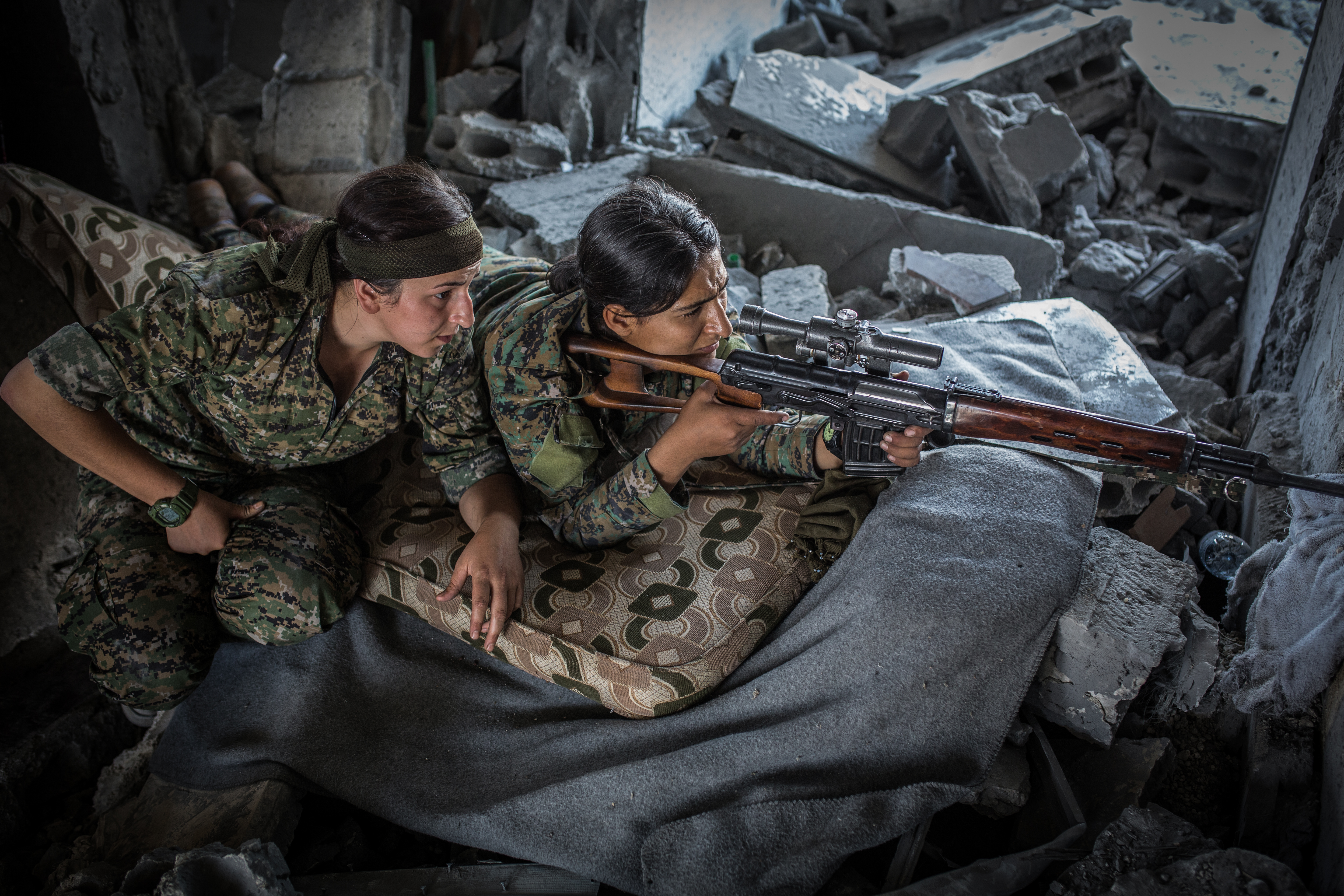
The Kurds effectively began the fight back against IS when they saved Kirkuk after the Iraqi Army had fled in 2014.
At the same time, the Iraqi Army fled in the face of Islamic State at Ramadi and Tikrit and at one stage in 2015, IS were only 15km from taking Baghdad and Iraq fully, except for the Kurdistan region.
British troops are going through their final phases of training before deploying to Iraq to support coalition forces against IS.
It was the British government and, in particular, Sir John Major who created the No Fly Zone in northern Iraq in 1991, which saved the Kurds from the genocide Saddam Hussein was inflicting on them - they have not forgotten this and the role Britain played.
Wind forward 26 years and we are turning a Nelsonian eye to our greatest allies in the region as once again they face strife from a Baghdad government.
We need a strong Peshmerga to ensure that IS embers in Iraqi towns and villages do not rekindle and set the country on a path of terror again.
Equally in Syria, we have been instrumental in the defeat of IS, but stand by as Assad and Putin corral 2,000,000 civilians into Idlib province with the remnants of IS and al-Qaeda, and appear to be trying to raise the place to the ground.
In this carnage, escape is not an option for these civilians as the borders are shut and we are driving them back into the hands of the jihadists.
It is the jihadist terrorists of IS and al-Qaeda who directly threaten the streets of Britain, as we have seen devastatingly this year in London and Manchester, and will continue to threaten us, as so vividly described by the head of MI5 this week, if we acquiesce in Iraq and Syria.
British forces have done their job in Iraq and Syria to defeat this evil and it is now up to our politicians, from all sides of the House, to do their political and diplomatic jobs with the Iraqi, Syrian and Russian governments to ensure IS is defeated in total in the Middle East, or face them on our streets for years to come.
Hamish de Bretton-Gordon OBE is a former soldier. He was commanding officer of the UK Chemical, Biological, Radiological and Nuclear (CBRN) Regiment and NATO's Rapid Reaction CBRN Battalion. He is currently the director at 'Doctors Under Fire'.



